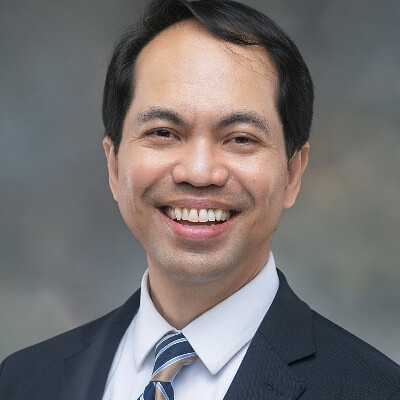Exploring Teams and Teamwork Competency of Allied Health and Nursing Students Using Interprofessional Critical Care Simulation Experiences
• Interprofessional team-based units improve patient outcomes, promote better patient services, and patient satisfaction. However, little is known about how to prepare students of nursing and allied-health on how to learn teamwork skills needed to be successful in today’s clinical settings. The aim of this study was to explore the impact of an interprofessional education (IPE) critical care simulation experiences (CCSE) on the level of teams and teamwork competency among nursing and allied health students.
• Students (N=192) enrolled in the programs of Doctors of Physical Therapy & Occupational Therapy, Respiratory Care, and Baccalaureate Nursing were recruited for this pre/post study. The Teamwork Scale of the University of West England measured the four sub-competencies of Teams and Teamwork of the IPE Collaborative. A Likert scale of 1 to 4 with higher number as a better score. Descriptive statistics and Wilcoxon signed-rank test analyzed the non-parametric data. Participants provided informed consents.
• Our sample shows a median age of 25 years old, 77.6% are female students, 48.4% of the students are Hispanics, and 59.4% reported having a prior healthcare experience.
Sub-competency 1 (appreciating team members’ diverse experiences) revealed a pre-median score of 3 (1 to 4) and a post-median score of 3 (2 to 3). Second sub-competency (sharing a team accountability for outcomes) showed a pre-median score of 3 (1 to 4) and a post-median score of 4 (3.25 to 4). Third sub-competency (reflecting on self and team performance) resulted in a pre-median score of 3 (1 to 4) and a post-median score of 4 (3.25 to 4). Lastly, the fourth sub-competency (operates from a shared framework) showed a pre-median score of 2.5 (1 to 4) and a post-median score of 4 (4 to 4).
The four sub-competencies showed statistical significance when compared to pre-and-post responses with IPE critical care simulation experiences (p




